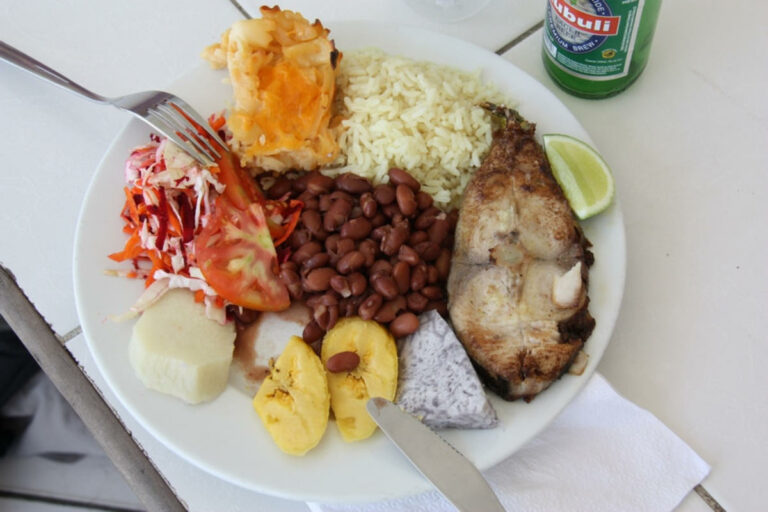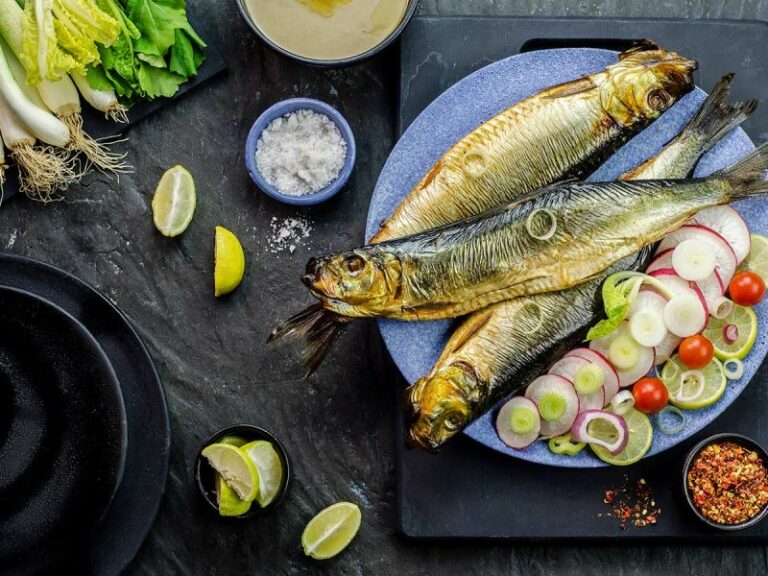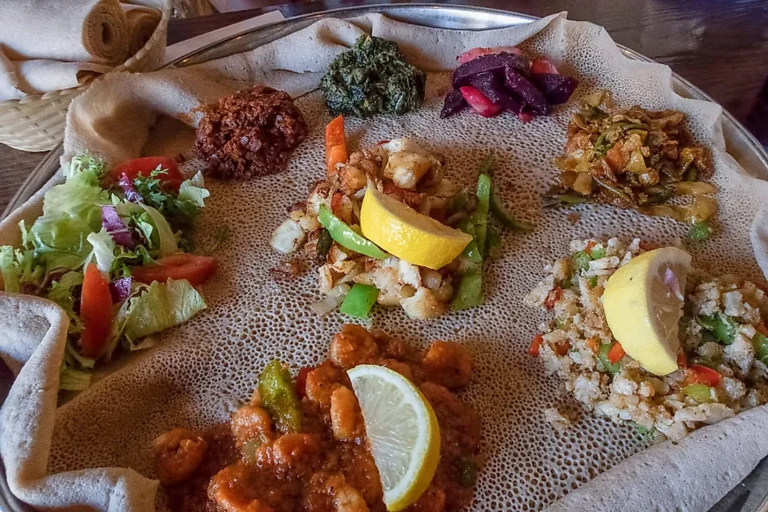Introduction: Dominican Culinary Traditions
Dominican cuisine is a fusion of indigenous, African, Spanish, and other European influences. It is known for its bold flavors, rich spices, and vibrant colors. Dominican dishes are often served with rice, beans, and plantains, which are staples in the Dominican diet. The country’s diverse culinary traditions have made it a popular destination for foodies from around the world.
Dominican cuisine is an essential part of the country’s culture, and it is often associated with celebrations and special occasions. Weddings, in particular, are an excellent opportunity for families to gather and showcase their culinary skills. Dominican weddings are known for their lively atmosphere, beautiful decorations, and delicious food.
Wedding Celebrations in the Dominican
Weddings in the Dominican Republic are typically large, festive affairs that last for several hours. They are often held at a church or a beachfront resort, and the reception is usually held in a ballroom or outdoor pavilion. The bride and groom’s families are responsible for planning the wedding, and they often work together to make it a memorable event.
Dominican weddings are a time for families to come together, celebrate, and enjoy each other’s company. The food is a central part of the celebration, and it is often prepared by family members and close friends. Traditional Dominican dishes are served, along with a variety of appetizers, finger foods, and desserts.
Typical Dominican Wedding Dishes
Dominican cuisine is diverse and flavorful, and there are many dishes that are typically served at weddings and special occasions. Some of the most popular dishes include:
Appetizers and Finger Foods
- Empanadas – savory turnovers filled with beef, chicken, or cheese
- Pastelitos – mini pastries filled with meat or cheese
- Tostones – fried plantain slices served with garlic sauce
- Yuca frita – fried cassava served with a variety of dipping sauces
Main Dishes and Accompaniments
- Arroz con pollo – chicken and rice cooked with a variety of herbs and spices
- Chicharrón de cerdo – fried pork belly served with yucca and pickled onions
- Asopao – a rice and chicken stew with vegetables
- Mondongo – tripe stew with vegetables
Traditional Dominican Desserts
- Tres leches – a sponge cake soaked in three types of milk and topped with whipped cream
- Flan – a creamy custard dessert topped with caramel sauce
- Dulce de leche – a sweet caramel-like sauce made from condensed milk
- Bizcocho dominicano – a traditional Dominican cake made with rum, vanilla, and fruits
Beverages and Cocktails for Special Occasions
Dominicans love to celebrate with a wide range of beverages and cocktails. Some popular drinks for weddings and special occasions include:
- Rum – a distilled alcoholic beverage made from sugarcane
- Presidente beer – a local beer brand that is popular throughout the country
- Morir soñando – a refreshing drink made from orange juice, milk, and sugar
- Mama Juana – a traditional Dominican alcoholic beverage made from rum, red wine, and a blend of herbs and spices
Conclusion: A Rich Culinary Heritage
Dominican cuisine is a celebration of the country’s diverse cultural heritage. It is a fusion of indigenous, African, Spanish, and other European influences, which have resulted in a unique and flavorful cuisine. Weddings and special occasions are an excellent opportunity for Dominicans to celebrate their rich culinary heritage and showcase their culinary skills. From appetizers to desserts, there is a wide range of traditional dishes that are served at weddings and special occasions. Dominican cuisine is truly a feast for the senses and a testament to the country’s vibrant culture.



